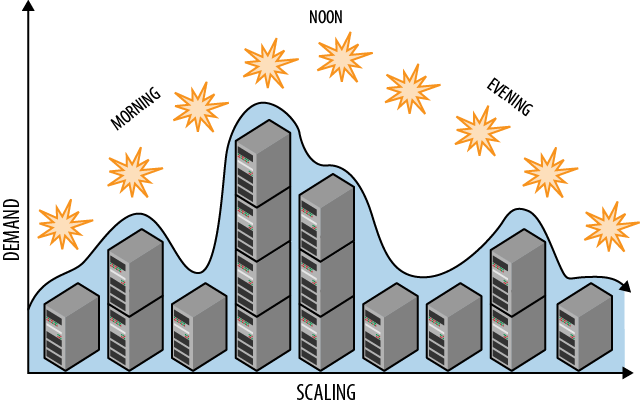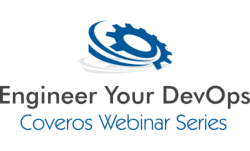No one likes their software build to take forever. If you are not using binary dependency between your multiple projects as projects grow in size the more time to build and test is going to be needed. Luckily Gradle has a feature to help with this dilemma. By building multi-project projects using parallel task execution the […]








